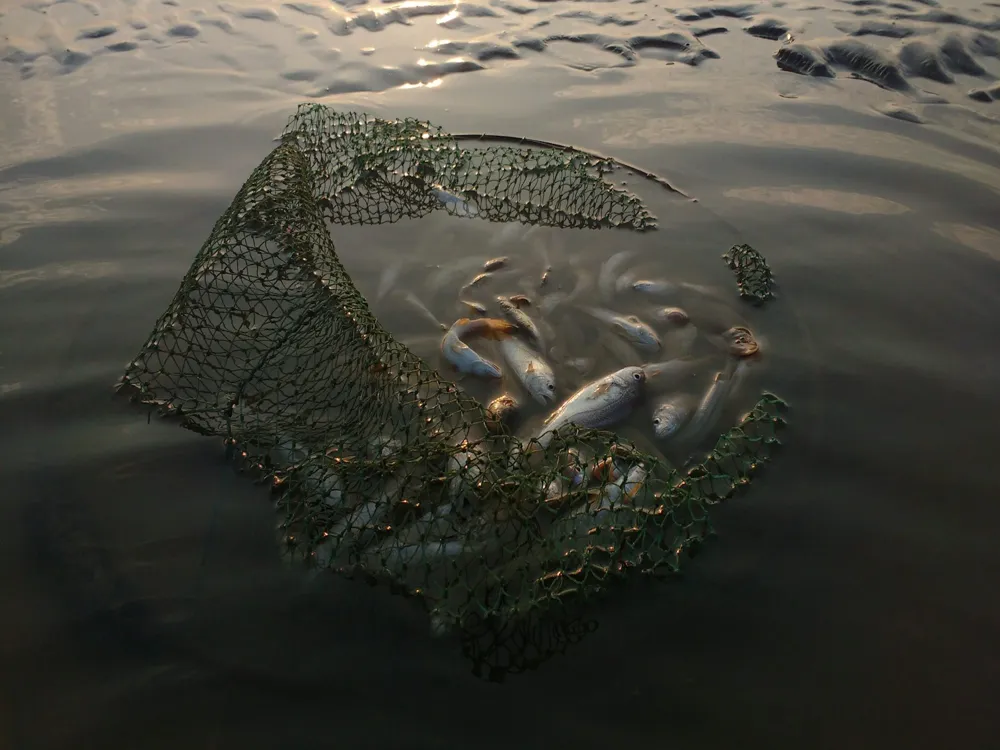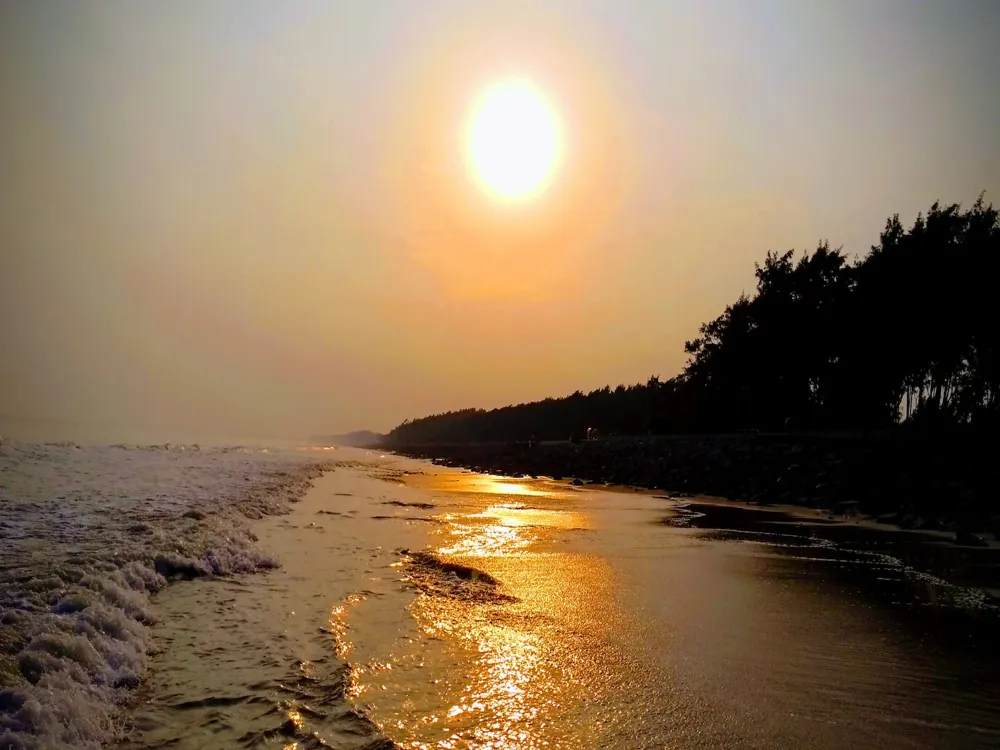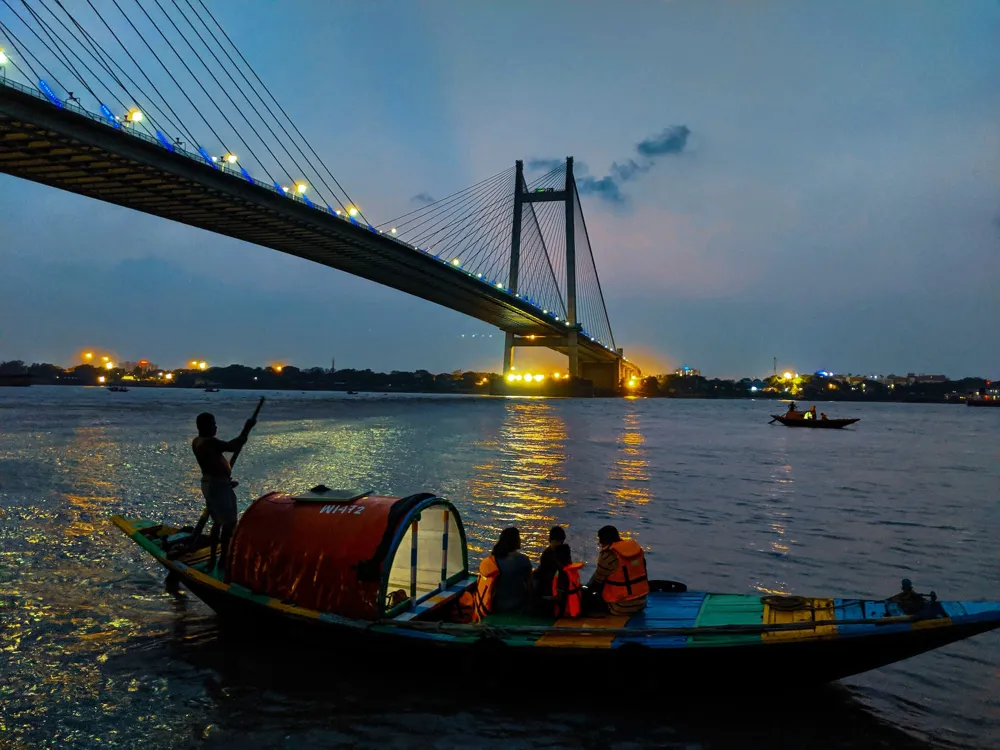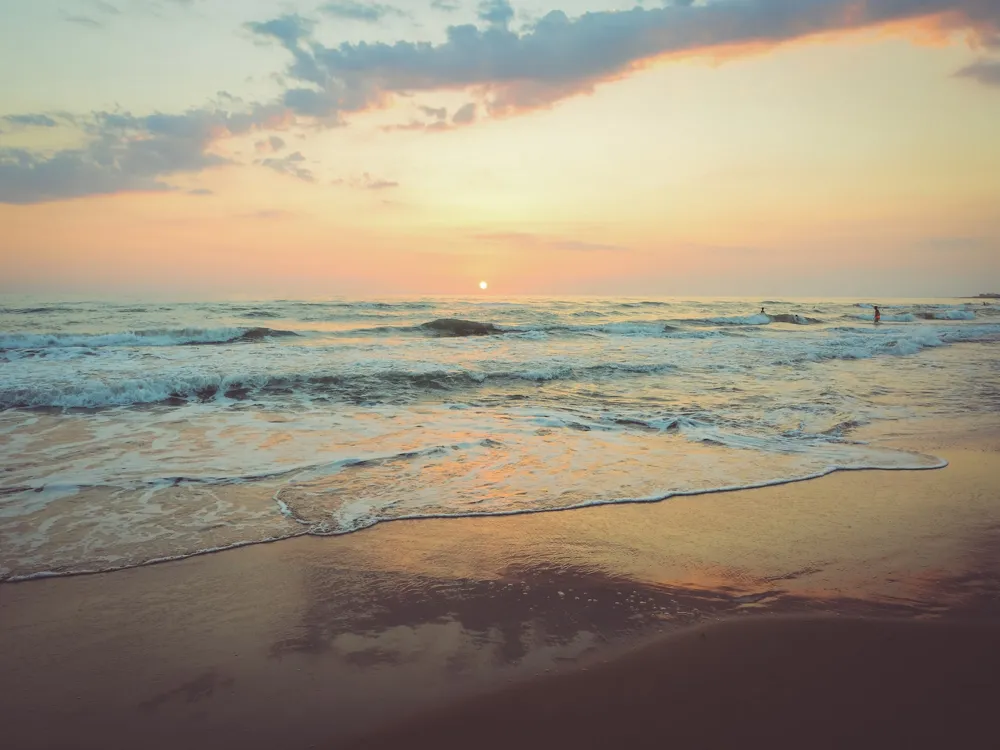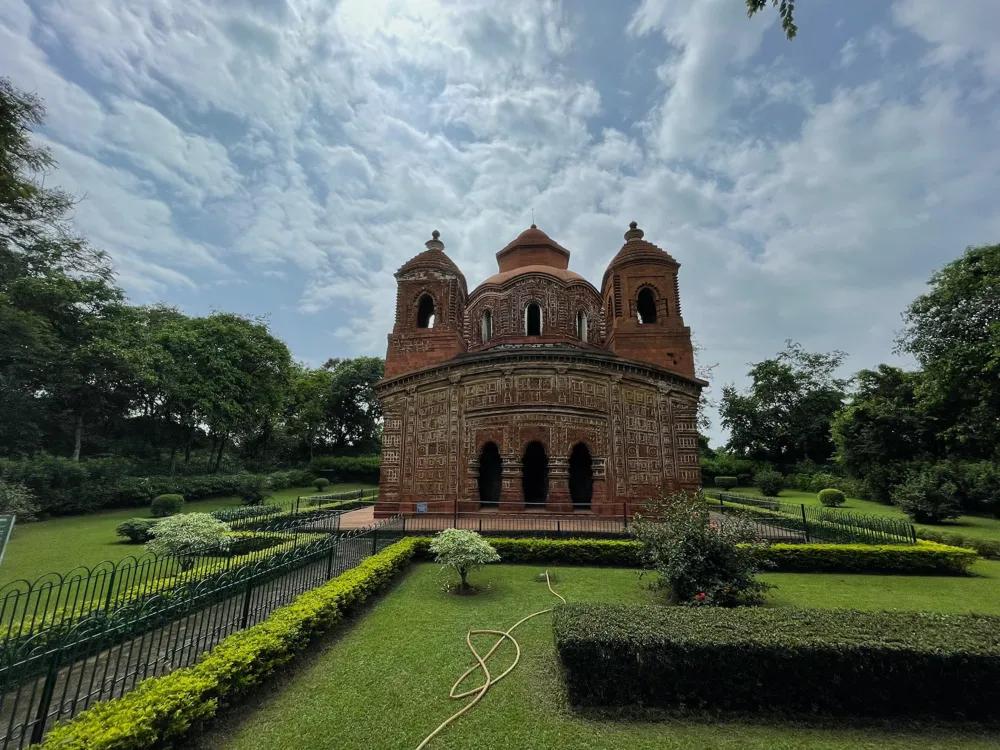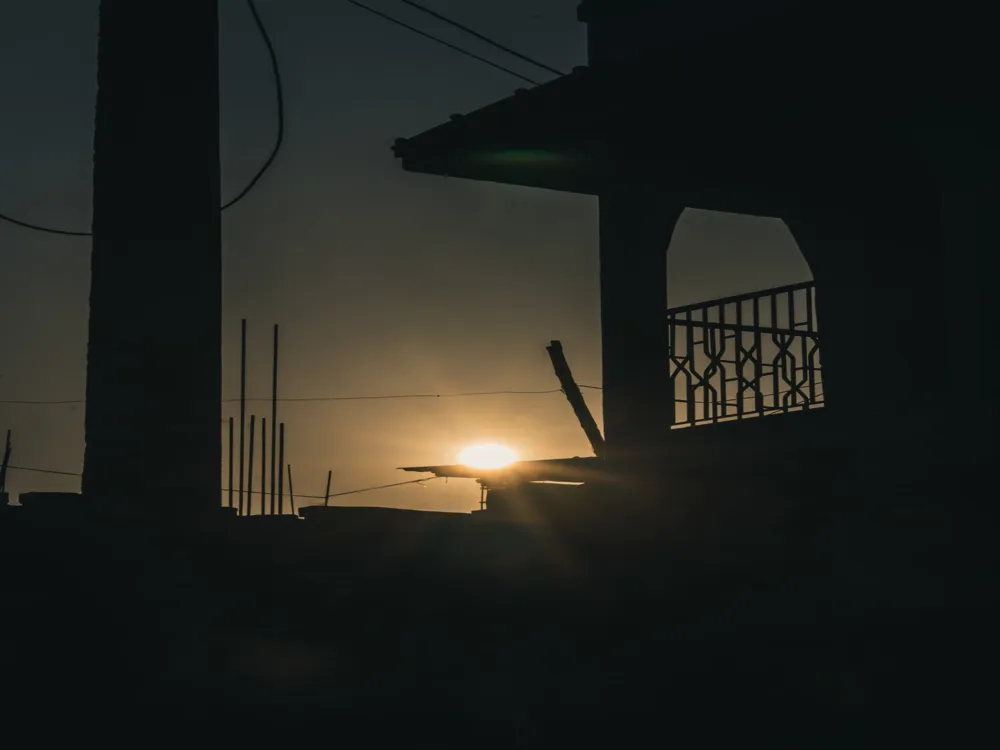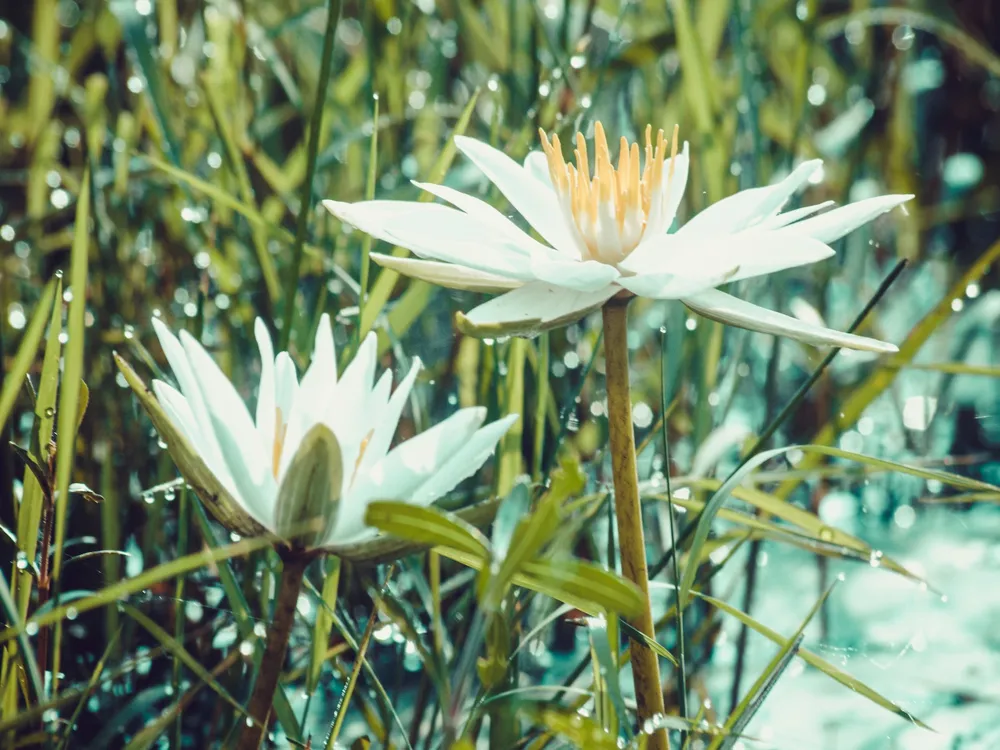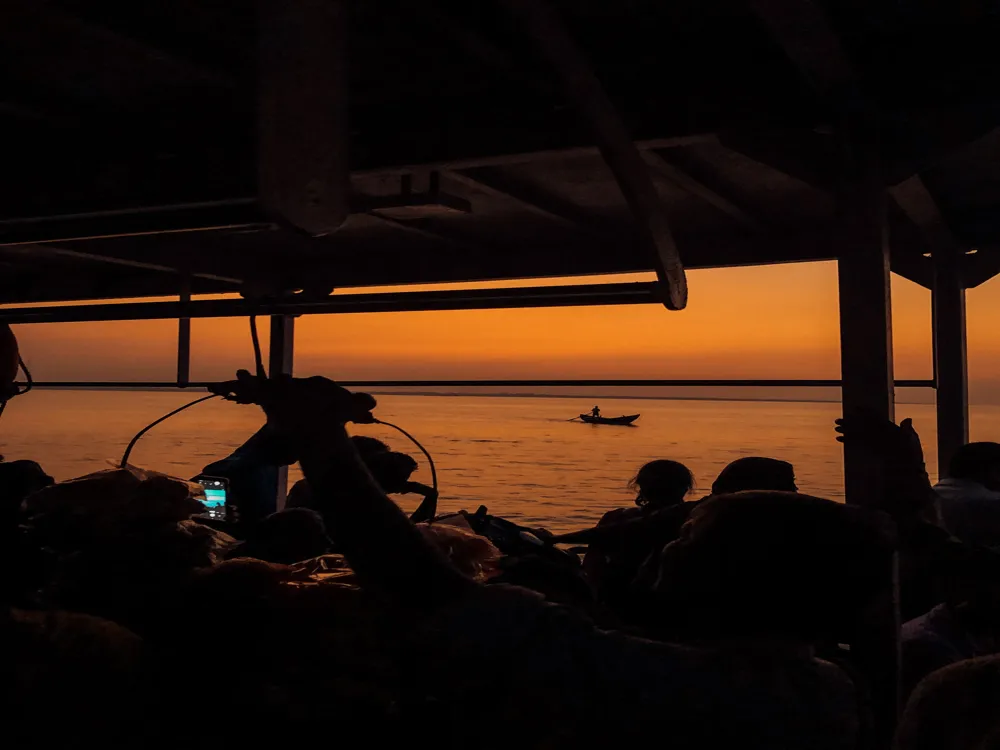Simlipal National Park, located in the northeastern part of Odisha in Baripada, is a sanctuary of natural beauty and diverse wildlife. Spanning over an area of approximately 2,750 sq km, it forms part of the Simlipal-Kuldiha-Hadgarh Elephant Reserve, making it one of the largest national parks in India. The park is named after the abundance of 'Simul' (silk cotton) trees. It's a part of the UNESCO World Network of Biosphere Reserves since 2009.
This park is a haven for wildlife enthusiasts and nature lovers. It is home to a wide variety of flora and fauna, including the majestic Royal Bengal Tiger, Asian Elephants, Leopards, and more than 230 species of birds. The park's topography is striking with high ridges, dense forests, and meandering rivers. Chahala, Barehipani, and Joranda are the famous waterfalls that add to the park's scenic beauty. These falls are not just tourist attractions but also vital water sources for the park's wildlife.
The biodiversity in Simlipal is remarkable. It houses around 1,076 species of plants including orchids, ferns, and bryophytes, offering a green expanse that is both refreshing and awe-inspiring. The park's rich fauna is complemented by its equally diverse avian population, making it a bird watcher's paradise. Several rare and endangered species find refuge here, making it an important ecological and environmental asset.
For those interested in tribal culture, the park is surrounded by 62 tribal villages. Their unique lifestyle and traditions add a cultural dimension to the visit. The park also has a significant role in the water conservation of the region, with numerous rivers like the Budhabalanga, Khairi, and Salandi originating from here. This contributes to the agricultural and ecological balance of the surrounding areas.
The architecture of Simlipal National Park is not about man-made structures, but rather the natural architectural wonders formed over millennia. The park's landscape is a unique blend of thick forests, rugged hills, and vibrant valleys, sculpted by natural forces. The Simlipal Reserve is an exemplary showcase of ecological architecture, where every element is in harmonious existence with its surroundings.
One of the key features of the park's architecture is its terrains. The park is located on a plateau with average elevation ranging from 559.31 meters to 1,156 meters above sea level. This varied elevation results in a diverse range of ecosystems within the park, from dry deciduous hills to moist green valleys. The park's terrain is punctuated by the majestic peaks of Khairiburu and Meghasani, the highest points in the park, offering breathtaking panoramic views.
Water bodies are another crucial element in the park's natural architecture. The park boasts numerous rivers and streams, with the Burhabalanga River being a lifeline. These water bodies not only support the park's diverse wildlife but also sculpt the landscape, creating ravines and valleys that enhance its natural beauty. The waterfalls in Simlipal, like Barehipani and Joranda, are stunning examples of nature's architecture, with cascading waters carving out intricate patterns on the rock face.
The forest cover in Simlipal is another architectural marvel. The dense foliage, ranging from dry deciduous to moist green forests, creates a multilayered canopy. This natural architecture provides habitats for a multitude of species, creating a self-sustaining ecosystem. The park's forests are a complex interplay of towering trees, winding vines, and lush undergrowth, forming a green architecture that is both functional and aesthetically pleasing.
- Best Time to Visit: The ideal time to visit Simlipal is from November to June, with the park closed during the monsoon months due to heavy rainfall.
- Entry Permits: Visitors need to obtain entry permits from the Forest Department. It's advisable to book these in advance.
- Accommodation: There are several forest rest houses and eco-tourism cottages within and around the park. Booking in advance is recommended.
- Hiring a Guide: Hiring a local guide is recommended for a better wildlife viewing experience and for navigating the park safely.
- Safety Precautions: Always follow the park rules and regulations, especially regarding wildlife interactions. Maintain a safe distance from animals.
- Equipment: Carry binoculars and cameras with adequate zoom lenses for a better wildlife viewing experience.
- Stay Hydrated: Carry enough water, as it can get quite hot during the day.
- Clothing and Gear: Wear comfortable clothing and sturdy footwear. Carrying a hat, sunglasses, and sunscreen is advisable.
Simlipal National Park is well-connected by road, rail, and air. The nearest airport is Bhubaneswar, approximately 270 km away. The nearest railway station is at Balasore, 60 km from Baripada, the district headquarters. Baripada, being the nearest town to Simlipal, is well connected by road to major cities in Odisha and neighboring states. Regular bus services and taxis are available from Baripada to the park. For those driving, the park is accessible via National Highway 18, leading directly to the park's main entry points.
Overview of Simlipal National Park, Baripada, Odisha
Architecture of Simlipal National Park
Tips When Visiting Simlipal National Park
Planning Your Visit
Wildlife Viewing and Safety
Health and Comfort
How To Reach Simlipal National Park
Simlipal National Park
Baripada
Odisha
NaN onwards
View baripada Packages
Weather :
Label : Must Visit
Tags : National Park
Timings : November - Mid-June:
Regular visitors: 6:00 AM - 12:00 PM,
With reservation: 6:00 AM - 2:00 PM
Tiger Reserve Entry Pass Counter Timings: 06:00 AM to 09:00 AM
Entry Fee : INR 100
Planning a Trip? Ask Your Question
Baripada Travel Packages
View All Packages For Baripada
Top Hotel Collections for Baripada

Private Pool

Luxury Hotels

5-Star Hotels

Pet Friendly
Top Hotels Near Baripada
Other Top Ranking Places In Baripada
View All Places To Visit In baripada
View baripada Packages
Weather :
Label : Must Visit
Tags : National Park
Timings : November - Mid-June:
Regular visitors: 6:00 AM - 12:00 PM,
With reservation: 6:00 AM - 2:00 PM
Tiger Reserve Entry Pass Counter Timings: 06:00 AM to 09:00 AM
Entry Fee : INR 100
Planning a Trip? Ask Your Question
Baripada Travel Packages
View All Packages For Baripada
Top Hotel Collections for Baripada

Private Pool

Luxury Hotels

5-Star Hotels

Pet Friendly













